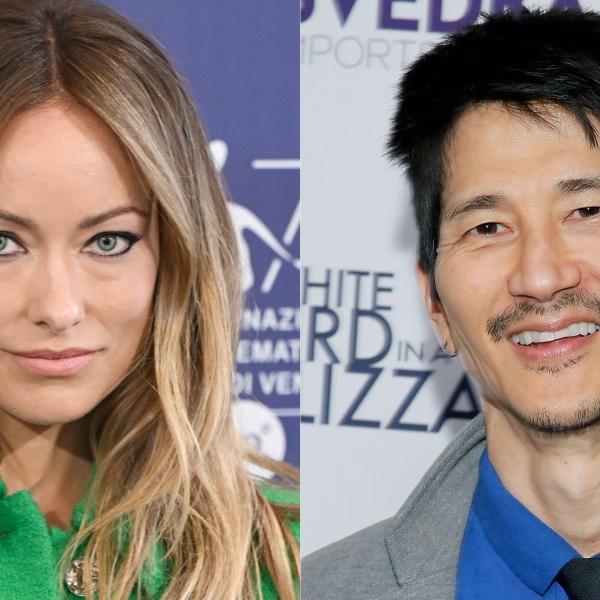Gregg Araki has no time for the “weariness” of film journalists.
The “Doom Generation” director, while in conversation with Richard Linklater for Interview magazine, criticized the trend of asking acclaimed filmmakers their thoughts on “Barbie” and “Oppenheimer.” Araki referred to a “clickbait” story where Linklater told a reporter that he saw “Barbie” multiple times and thought “Barbenheimer” was “the best thing that happened to cinema in a while.”
“I read a clickbait on you. It’s like, ‘Rick Linklater loved “Barbie.” He saw it three times,’” Araki said. “I was like, ‘Really, this is your story? You’re talking to fucking Rick Linklater and you want to talk about “Barbie”?’”
Linklater clarified his comments, saying, “Yeah, they get you on the red carpet, and it’s that last question in an interview where you’re just in a mood and you tell them the truth, but it’s not the gist of what you’re talking about. Like when you say, ‘Oh, yeah, indie cinema’s lost.’ And someone’s, ‘Oh, I didn’t think you were so pessimistic about it.’”
“Nowhere” director Araki added that the “critical establishment” is lacking in contemporary indie cinema.
“Back in those days, there was writing about cinema and there were critics, there’d be Village Voice, Time Out, you’d do LA Weekly. There were these pieces written about cinema and there was this level of excitement and discourse that amplified the movies,” Araki said. “‘The Living End’ probably would’ve been lost forever because it’s just this little indie movie that costs like $25,000 and showed for three weeks at the Angelika or something. But it was part of a bigger cultural moment, which was criticism and movie critics and think pieces and press and media. Now, that doesn’t exist anymore. It’s like fucking clickbait about you liking ‘Barbie.’”
Araki continued, “There are still film critics, and there are obviously still reviews, but there’s this level of exhaustion amongst critics where it’s just like, ‘Oh God, another fucking movie to watch.’ Because everybody is getting bombarded, including critics, with 10,000 fucking things. We’re both in the WGA and the DGA and the Academy and all that shit. And it’s fucking award season, so here comes the fucking tidal wave of 10,000 fucking movies that all want your attention. And it’s actually the critics’ lives every fucking day, so there’s this level of weariness. And I think that is an unfortunate byproduct of this world that we live in.”
Linklater agreed, adding, “There were these outlets that were very curious about what was going on in the avant-garde and the underground. And at some point, I don’t know if it’s just Hollywood or capitalism in general, the equation became, ‘Well, that thing’s small, no one’s going to see it anyway.’ Instead of amplifying this cool thing. It doesn’t qualify to be written about in our pages because it’s just not culturally relevant. And I think indie cinema has fallen prey to that. You don’t see a lot of serious writing about.”
Linklater previously told The Hollywood Reporter that the “last good era for filmmaking” was the 1990s.
“It feels like it’s gone with the wind — or gone with the algorithm,” Linklater said of the art of cinema. “Is there a new generation that really values cinema anymore? That’s the dark thought. … I fear that there’s not enough of a critical mass in the culture to sustain what was. But who knows? It’s hard to imagine indie cinema in particular having the cultural relevance that it did. It’s hard to imagine the whole culture is going to be on the same page about anything, much less filmmaking. I just feel we’re all treading water and hoping we don’t drown. Challenging times are certainly here.”




